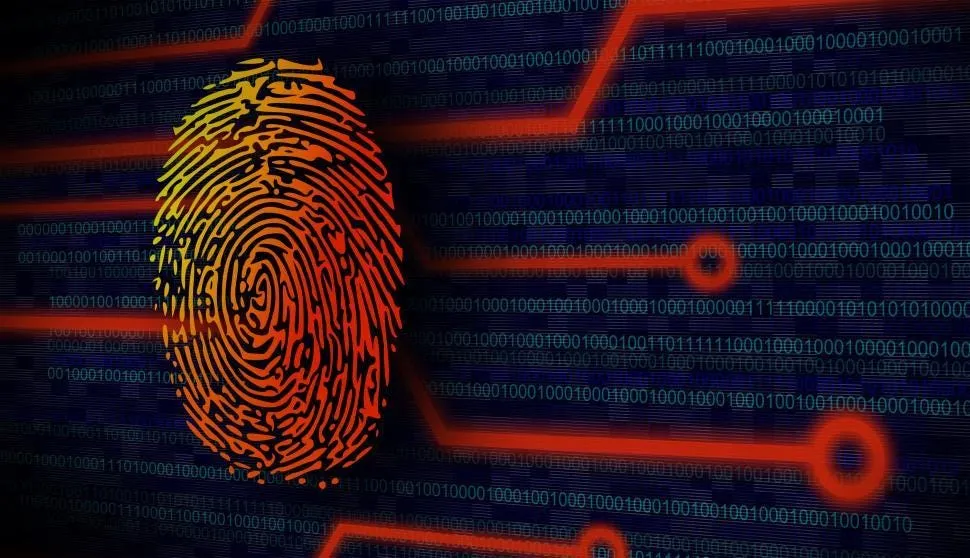Categories
Tags
286 words
1 minutes
Linux Remote Management Protocols
Linux Remote Management Protocols
In Linux environments, remote management is essential for supporting and troubleshooting systems from different locations. Tools like SSH make it possible to securely access and control remote servers without being physically present. However, misconfigurations can pose serious security risks, making it a vital area of focus for system administrators and penetration testers alike.
🔐 SSH (Secure Shell)
- Purpose: Provides encrypted communication between two systems over TCP port 22.
- Cross-Platform: Available on Linux, macOS (native), and Windows (via tools like PuTTY or OpenSSH).
- Common Usage: Remote command execution, file transfer (SCP/SFTP), port forwarding.
🔑 Authentication Methods (OpenSSH supports six):
- Password Authentication
- Public-Key Authentication (most secure & widely used)
- Host-Based Authentication
- Keyboard Authentication
- Challenge-Response Authentication
- GSSAPI Authentication
🧾 Public-Key Authentication Explained
- The private key stays on the client; the public key is stored on the server.
- The client solves a cryptographic challenge from the server using the private key.
- A passphrase protects the private key locally.
- Once authenticated, users can access multiple servers without re-entering credentials.
⚙️ Default SSH Configuration (/etc/ssh/sshd_config)
Include /etc/ssh/sshd_config.d/*.conf
ChallengeResponseAuthentication no
UsePAM yes
X11Forwarding yes
PrintMotd no
AcceptEnv LANG LC_*
Subsystem sftp /usr/lib/openssh/sftp-serverMost options are commented out and must be manually configured.
⚠️ Dangerous SSH Settings to Avoid
| Setting | Description |
|---|---|
PasswordAuthentication yes | Enables brute-forceable logins |
PermitEmptyPasswords yes | Allows login without a password |
PermitRootLogin yes | Grants root access remotely |
Protocol 1 | Uses outdated SSH-1 vulnerable to MITM attacks |
X11Forwarding yes | May enable GUI-based command injection |
AllowTcpForwarding yes | Allows potential data exfiltration |
DebianBanner yes | Exposes system identity |
🕵️ Footprinting with ssh-audit
Tool: ssh-audit
git clone https://github.com/jtesta/ssh-audit.git && cd ssh-audit
./ssh-audit.py <target-ip>Reveals:
- Banner & version (e.g., OpenSSH_8.2p1)
- Enabled key exchange algorithms, some may be deprecated
- Supported authentication methods
- Weak cryptographic settings (e.g.,
ecdsa-sha2-nistp*,ssh-rsa)
🔄 Changing Authentication Preference (Client-side)
ssh -v cry0l1t3@10.129.14.132To brute-force a specific method:
ssh -o PreferredAuthentications=password -v cry0l1t3@<target-ip>🛡️ Conclusion
- SSH is a secure and efficient remote management protocol.
- Misconfiguration can lead to severe vulnerabilities.
- Use tools like
ssh-auditfor hardening your setup. - Always disable unnecessary authentication methods and deprecated settings.
Linux Remote Management Protocols
https://fuwari.vercel.app/posts/footprinting/linux-remote-management-protocols-1ded09187080803ba57de98792d3a5d9/